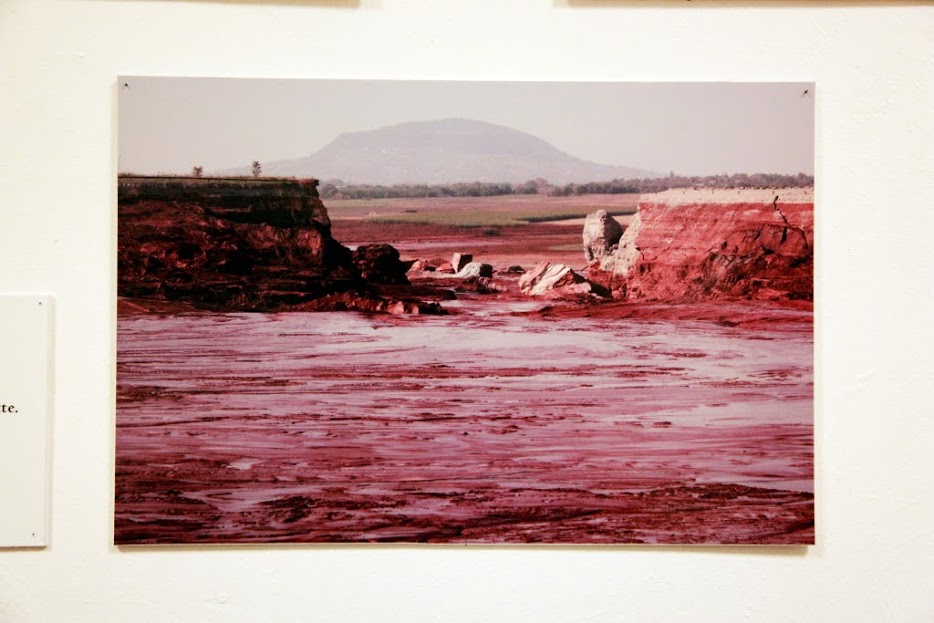Today, Transparency International presents its Corruption Perception Index 2015, which illustrates the perceived level of corruption around the world. A vast majority (two-thirds) of the 168 countries in the world score below 50, on a scale from 0 (highly corrupt) to 100 (not corrupt). In this year’s index, Denmark is the number one ‘clean’ country, whereas North Korea and Somalia are perceived to be the worst of all countries. The ITCO intergroup welcomes the improvements made, but warns not to look away from a persistent tradition of corruption within (some) EU member states.
Fortunately, most EU member states are assigned a better score than in last years’ CPI. The index shows improvements are made in Greece, where the new Tsipras government highly prioritizes combatting corruption. Greece goes up from place 69 to 58 in the index. Cyprus and Spain on the other hand, have gone down in the index. Co-president of the ITCO intergroup Dennis de Jong comments: ‘overall you can identify a positive trend in the EU, however we should not underestimate the remaining challenges.’
Romania, Bulgaria and Italy are among the countries that score below 50. Elly Schlein, co-president of the ITCO intergroup states: ‘the CPI illustrates the need to continue the battle against corruption. The level of corruption is still high in many EU countries. We need a European framework to prevent and fight more efficiently corruption in Europe, starting from whistleblowing protection.’
The CPI is based on the perceptions of expert opinions of public sector corruption. Companies are asked to give their opinion about the countries in which they operate. De Jong: ‘we don’t have a more accurate instrument to measure corruption than perceptions. Corruption is a criminal offence, so the parties involved have an interest in covering it up. Accurate numbers on bribery are not available.’
You can find the CPI 2015 here.



